Origami Cranes and the Circle of Friends
Jared K. and his family visit the AIDS Memorial Grove in Golden Gate Park in San Francisco on the anniversary of his father's death.
Robert Lenzi. Joseph Marin. Mary Jo Anderson. Jos Diemel. Jim Georgedes. Tony Dean.
I don't know any of those people. I've never met them, and I never will. Because they're all no longer living. They all died of AIDS.
My father, Arnold Karol, also died of AIDS. 19 years ago, on September 29, 2000. His name, and their names, are stenciled in the Circle of Friends at the National AIDS Memorial Grove in Golden Gate Park in San Francisco. Arnold, surrounded by Robert and Joseph and Mary Jo and Joe and Jim and Tony and thousands of other people he never knew. Strangers. And friends. Joined together by the shared and tragic inability of their immune systems to fight off common maladies.
Every year on the anniversary of my father's death I visit the Circle of Friends – a tranquil, beautiful, peaceful grove in the park – to pay homage to the man who taught me so much about what I know and what I believe in. This year, it is a family event; I bring my ten-year-old twins and my wife.
Every year on the anniversary of my father's death I visit the Circle of Friends – a tranquil, beautiful, peaceful grove in the park – to pay homage to the man who taught me so much about what I know and what I believe in.
We sit on the bench. The birds chirp in the surrounding trees. The gentle breeze blows in from the ocean. The voices from the tennis courts and the baseball diamonds and the museum-goers and the walkers and runners and cyclists remind us that the AIDS Memorial Grove is simultaneously its own private world and a small part of a bigger world that contains the vast dynamism of humanity. A reminder that in life, as in death, we are both alone and together all the time.
My kids were born nine years after their grandpa died. Although they will never meet in person, my father's influence touches my kids on a daily basis – through me, and also through some indescribable force of interconnectedness that reaches across generations and across lifetimes. The way my kids absorb themselves in a book on the train. Like me. Like my dad. The way my kids eat cuisine from all around the world without batting an eye. Like me. Like my dad. The way my kids are incessantly curious and ask questions about everything. Like me. Like my dad.
My dad would have liked my kids. They would have liked him too.
I usually cry when I visit the Circle of Friends. The memories of what my dad and I shared together and the thoughts of what might have been flood my mind. But today I feel calm, as I watch my kids take everything in. Trying to understand as best they can what this – AIDS, their gay grandpa, death – all means. They understand. Even though there is so much they don't understand.
Appreciating the beauty of the trees that surrounds the bench that surrounds the Circle of Friends, my daughter notices a bird and alerts us to it. Upon further inspection, we realize that it is not a living bird, but an origami crane. We look more closely, and we realize that there are dozens of origami cranes hanging from the trees all around the Circle.
For the last several weeks, my kids have been heavily engaged in making origami crane earrings to sell at the school craft fare later this fall. The coincidence is wonderful, and we all smile appreciatively. "Why are these here?" they ask. We don't know for sure, but we tell them that often people come to remember their loved ones with gifts – flowers, candles, books, art work, pictures. . . origami cranes.
Often people come to remember their loved ones with gifts – flowers, candles, books, art work, pictures. . . origami cranes.
I suggest that maybe someone in the Circle of Friends liked origami and their loved ones are bringing them gifts. They like that answer. As they continue to look at the craftwork of the cranes, I can see their minds making a deeper connection to what this all means, how we're all connected, including them, in this wonderful web of humanity. Instead of crying tears of sadness that my father is no longer with us and that he will never meet my kids, a few tears of joy trickle down my face as I appreciate the profundity of what it means to grow up and begin to understand the complexities and nuances of life.
After a few more minutes of looking at the cranes, we walk through the rest of the AIDS Memorial Grove to the car. We decide to go to Japantown to have ramen for lunch, get a mochi donut, shop at Daiso, watch a sumo wrestling exhibition, and buy some more origami paper so they can continue making their origami crane earrings at home.
I had planned to talk more on this day, to tell my kids more about AIDS and homophobia and how I miss my dad and how much they would have liked him. But as we made our way across the Bay Bridge and back to our home in Oakland, the car filled with a wonderful silence, the kids reading, my wife resting her eyes, I realized that sometimes there's no need to say anything. Sometimes the world takes care of everything for you.
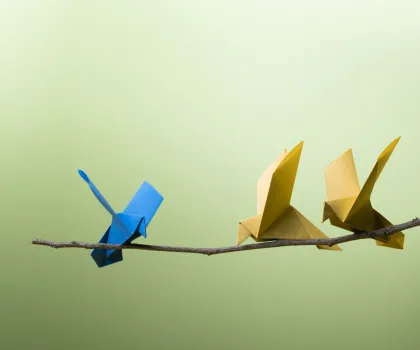
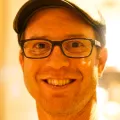
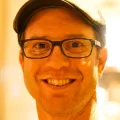
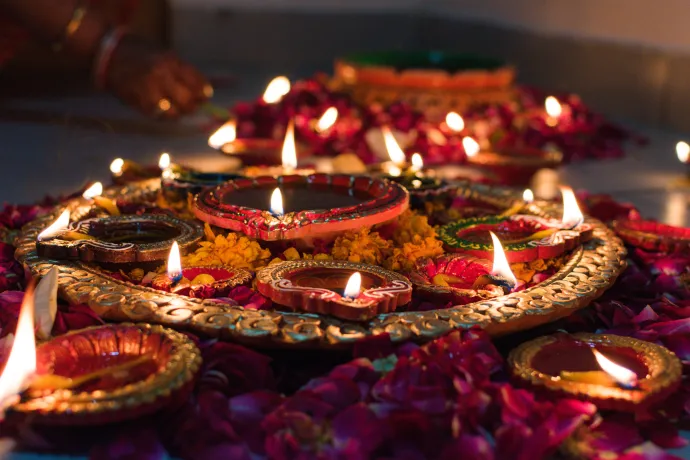
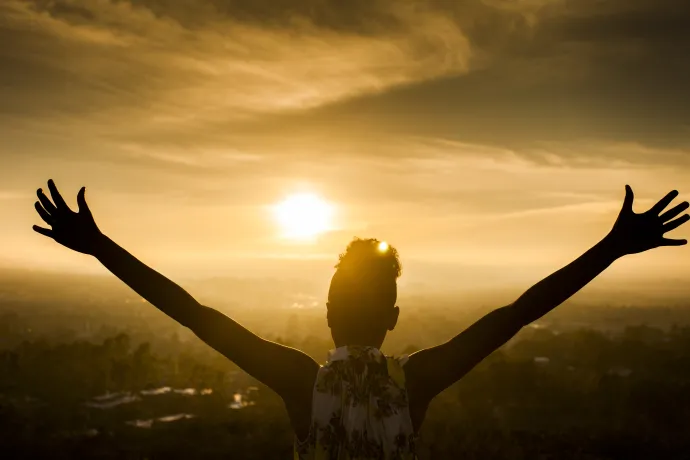
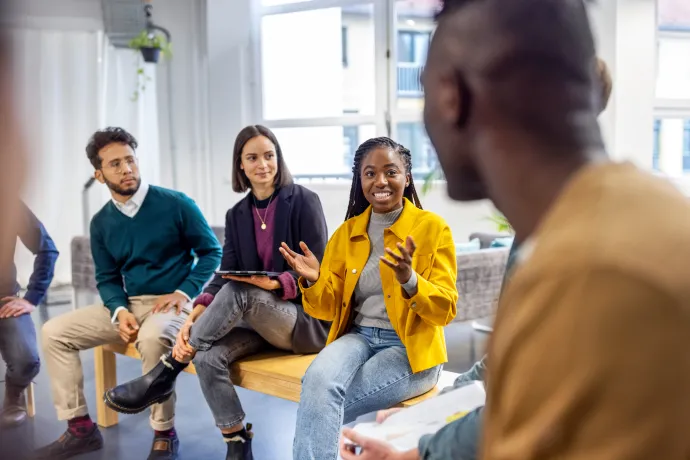
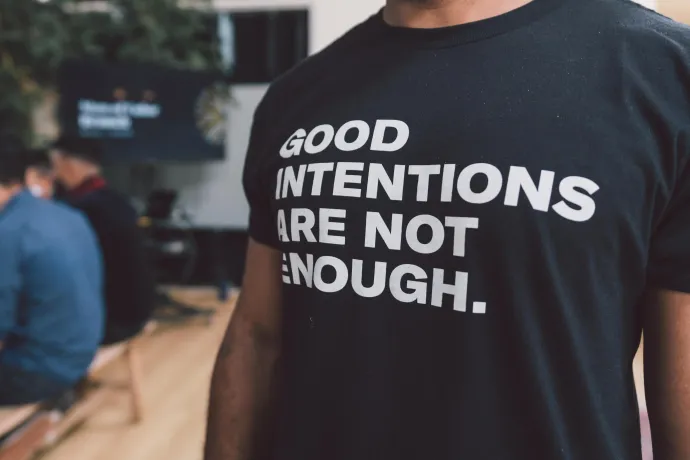
We encourage you to share your thoughts on your favorite social platform.